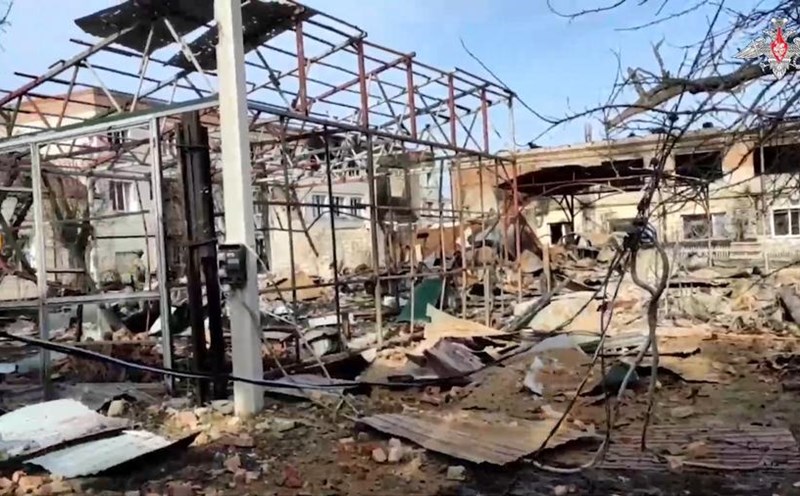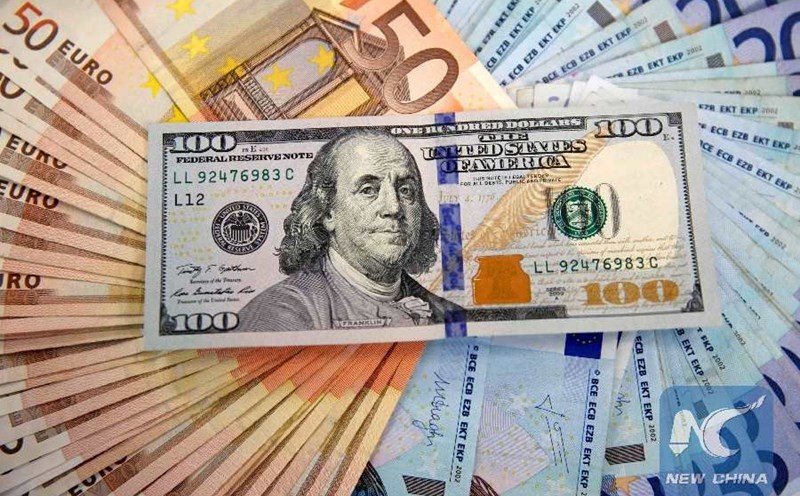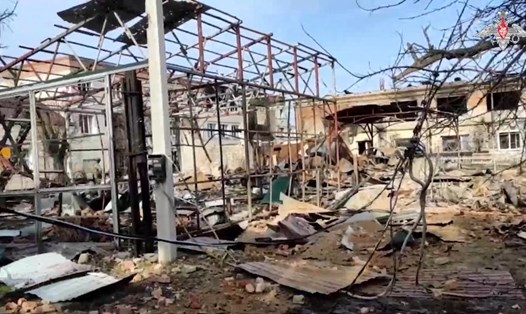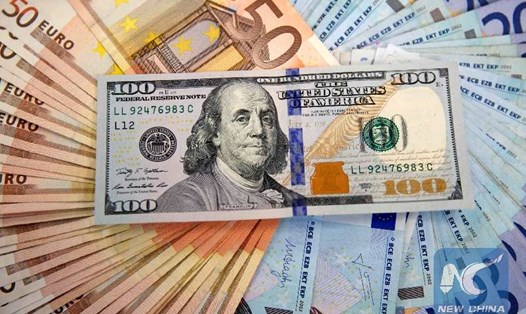European Council President Antonio Costa made the shocking statement at a press conference on March 20. He said individual and institutional investors withdrew up to €300 billion from the European Union (EU) to pour into assets outside the continent.
RT quoted Costa as saying that the main reasons for capital flows leaving the EU are skyrocketing gas prices, energy prices and an overly optimistic legal environment.
Currently, energy costs in the EU have reached a two-year high, putting heavy pressure on large enterprises and industries.
Currently, about 300 billion euros in savings from EU households are flowing out of the EU market each year. This is an amount that is not used to finance European businesses, Costa admitted.
He stressed that the EU cannot continue operating in the old way if it wants to retain capital and maintain economic strength.

In order to cope with the above situation, the EU is considering cutting unnecessary administrative procedures by 25% for all businesses and 35% for small and medium-sized businesses. This move is expected to attract capital flow back to the area, which is famous for its complex surface system.
However, the big question is whether these reforms will be enough to reverse the withdrawal trend, especially as the EU is still accumulating huge financial resources for Ukraine.
Europe's "bleeding" of hundreds of billions of euros a year comes as the EU is considering doubling military aid to Ukraine, with an expected figure of 40 billion euros ($43.7 billion) this year.
Increasing concerns in Brussels about the possibility of US President Donald Trump cutting military aid to Kiev have forced the EU to increase support.
However, not all EU member states agree with the plan. Hungary, which strongly opposes military aid to Ukraine, has refused to sign a joint statement calling for increased funding.
Hungarian Prime Minister Viktor Orban said the EU was on the brink of financial exhaustion, even stressing that the bloc had no single penny left to continue supporting Ukraine.
With high energy prices, an unattractive investment environment and tight budgets due to the Ukrainian conflict, the EU is facing the problem of economic survival.
It is unclear whether Brussels' reform efforts are enough to stop the wave of capital withdrawals, or the EU will continue to see more serious financial bleeding.











